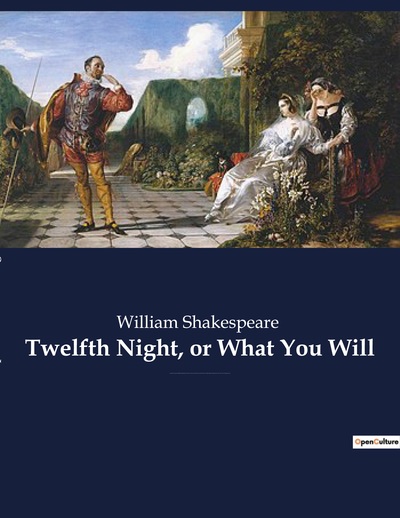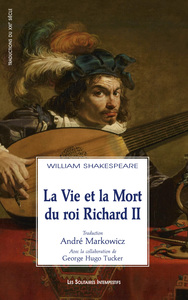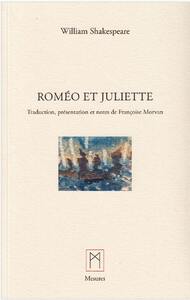Nous utilisons des cookies pour améliorer votre expérience. Pour nous conformer à la nouvelle directive sur la vie privée, nous devons demander votre consentement à l’utilisation de ces cookies. En savoir plus.
TWELFTH NIGHT, OR WHAT YOU WILL - A ROMANTIC COMEDY BY WILLIAM SHAKESPEARE, BELIEVED TO HAVE BEEN WR
EAN : 9782382743768
Édition papier
EAN : 9782382743768
Paru le : 2 mai 2022
13,00 €
12,32 €
Disponible
Pour connaître votre prix et commander, identifiez-vous
Notre engagement qualité
-
 Livraison gratuite
Livraison gratuite
en France sans minimum
de commande -
 Manquants maintenus
Manquants maintenus
en commande
automatiquement -
 Un interlocuteur
Un interlocuteur
unique pour toutes
vos commandes -
 Toutes les licences
Toutes les licences
numériques du marché
au tarif éditeur -
 Assistance téléphonique
Assistance téléphonique
personalisée sur le
numérique -
 Service client
Service client
Du Lundi au vendredi
de 9h à 18h
- EAN13 : 9782382743768
- Réf. éditeur : 233018
- Date Parution : 2 mai 2022
- Disponibilite : Disponible
- Barème de remise : NS
- Nombre de pages : 102
- Format : 0.50 x 17.00 x 22.00 cm
- Poids : 173gr
- Résumé : Twelfth Night, or What You Will is a romantic comedy by William Shakespeare, believed to have been written around 1601-1602 as a Twelfth Night's entertainment for the close of the Christmas season. The play centres on the twins Viola and Sebastian, who are separated in a shipwreck. Viola (who is disguised as Cesario) falls in love with the Duke Orsino, who in turn is in love with Countess Olivia. Upon meeting Viola, Countess Olivia falls in love with her thinking she is a man. The play expanded on the musical interludes and riotous disorder expected of the occasion,[1] with plot elements drawn from the short story "Of Apollonius and Silla" by Barnabe Rich, based on a story by Matteo Bandello. The first recorded public performance was on 2 February 1602, at Candlemas, the formal end of Christmastide in the year's calendar. The play was not published until its inclusion in the 1623 First Folio.
- Biographie : Né en 1564 à Stratford-on-Avon, William Shakespeare fait des débuts de comédien et de poète dramatique. Ayant quitté sa ville natale pour Londres, il acquiert dès 1588 une réputation importante. Parvenu au faîte de la gloire, il se retire à Stratford où il meurt en 1616.











